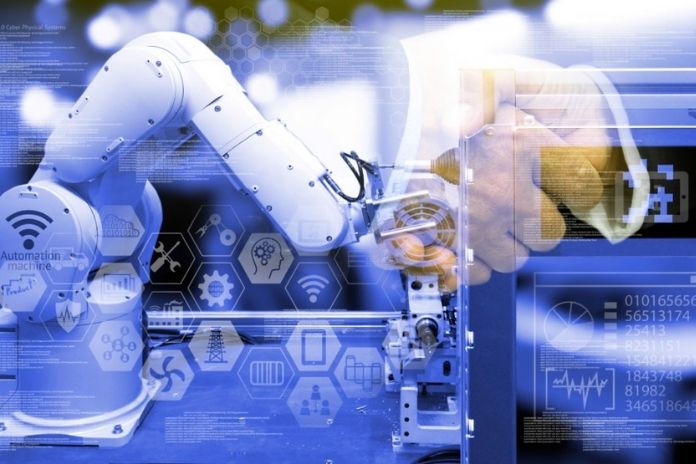Automation is taking a surprising evolutionary turn. What was once something so complex, like a computer that processes thousands of mathematical operations per second, is now quite simple.
We already have cases of artificial intelligence (AI) robots replacing human jobs. They were created to help with decision-making, performing repetitive tasks, and many other challenges and tasks within companies. And this reality is already directly reflected in the increase in productivity and decrease in expenses with labor laws and rights. After all, machines don’t get sick or take a vacation.
With each passing year, tasks that used to take a long time to be performed tend to be carried out more conveniently and in less time. Banks are just a click away. The preferred Fast Food serves the app and delivers the food wherever you are. People no longer want to talk on the phone, as instant messaging apps are more convenient and cheaper. In short, automation influences our cultural behavior as it evolves.
We live in the future, and we will be closer and closer to computers. When we dream of having a complete office on Smartphone or monitoring what is happening in our home from miles away, we see how advanced we are and where we can get. Have you ever thought about coming home from work and your car driving home by itself? Once there, a reader does your facial recognition, and the door opens. You walk in, the light comes on, and your coffee maker is already brewing fresh, delicious coffee. It looks like a dream!
But many of these technologies already exist and have even gained a name: the Internet of Things ( IoT – Internet of Things ). This term denotes standard technologies that connect to the internet and perform specific tasks. All this is based on artificial intelligence capable of making decisions and communicating with other databases.
In Digital Marketing, automation can also be used in several ways. Time-consuming tasks such as audience segmentation and results data analysis are now straightforward. Here we talk about another relatively new term but already very present: Business Intelligence (BI). Through a set of metrics and data crossings, BI software already delivers suggestions for paths and improvements in addition to analytical information. This assists in decision-making and business opportunity assessments.
For example, by cross-referencing information on visits to your website with practical form conversions, you can get to know both your audience and your sales team better. Based on information of this nature, it is possible to build practical actions within the company, like redesigning an industry or presenting a particular product or service. Crossing online and physical information is an excellent opportunity to improve the business generated through your company’s digital marketing.
How Does Industrial Automation Happen?
The automation process is relatively simple but requires a great deal of effort from researchers and engineers. The first step for automation to existing is observation. A team of experts looks at a particular function to the extreme, performed by different people. And they try to include in the analysis as many variables and possible errors in production.
The data from this observation are studied by a team of engineers, who will design a machine with the most suitable format and characteristics for that specific function. This process can take months, but it can be quickly replicated with excellent results when the machine in question is ready.
Although the process takes a certain amount of research and testing time before a machine is ready to do a specific job for a person, it is already complete when an automation technology is put on the market. Therefore, study and preparation time are an added value since the longer a machine takes, from the first idea to the final product, the greater the range of variables it can deal with at work.
Also Read: When Does Technology Help To Reduce Costs In Companies?












